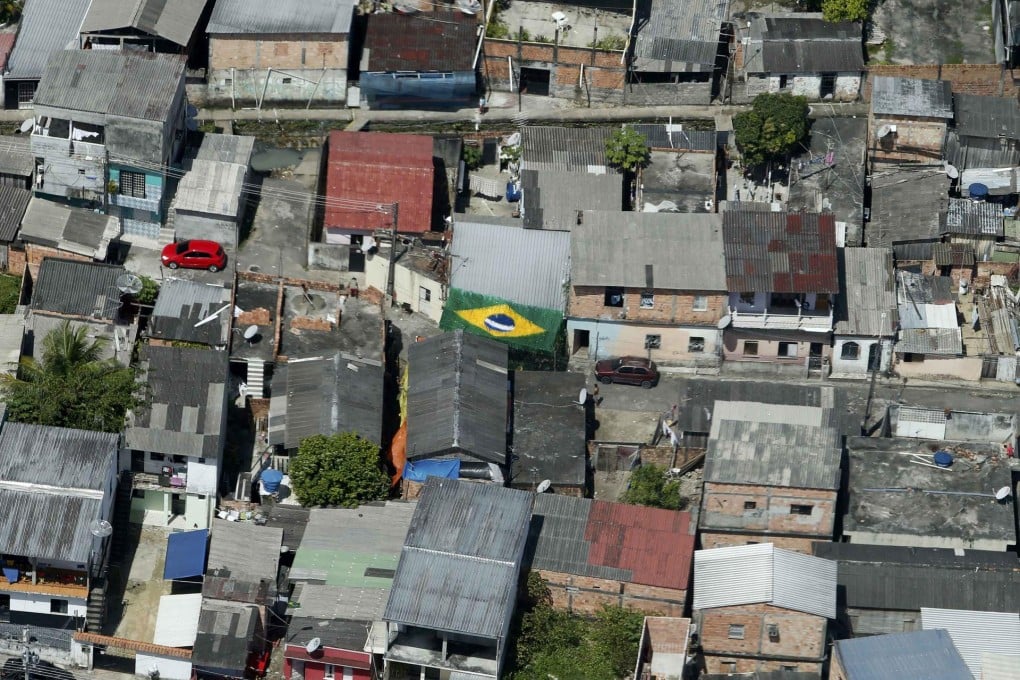World Cup arena awaits its second act in Brazil's Amazonas city of Manaus
After hosting four World Cup games, Manaus in the Amazon wonders whether the city's stadium, built for the tournament, will decay or thrive

The World Cup game between Honduras and Switzerland last week wasn't a particularly glamorous match-up, but it may have been historic nonetheless.

Even before the World Cup matches were played, the Amazon city was singled out for its heat and humidity - and the improbability of building a US$303 million stadium in the middle of the rainforest.
There was England's coach, Roy Hodgson, saying Manaus was the World Cup city to avoid; as karma would have it, his team ended up playing and losing here, and there were also a few too many references by international soccer writers to the Guns 'N Roses song Welcome to the Jungle.
John Oliver, host of HBO's Last Week Tonight, also got into the act, questioning the arena's price tag. "Okay, that does seem like a waste of money. There's also no team in Manaus that can fill it afterwards, at which point it becomes the world's most expensive bird toilet," he said.
But jokes aside, the question now for the city of two million people is: was it worth it? Did Manaus get the visibility that it hoped for as a World Cup host city, and what will now become of its state-of-the-art, 44,500-capacity stadium?